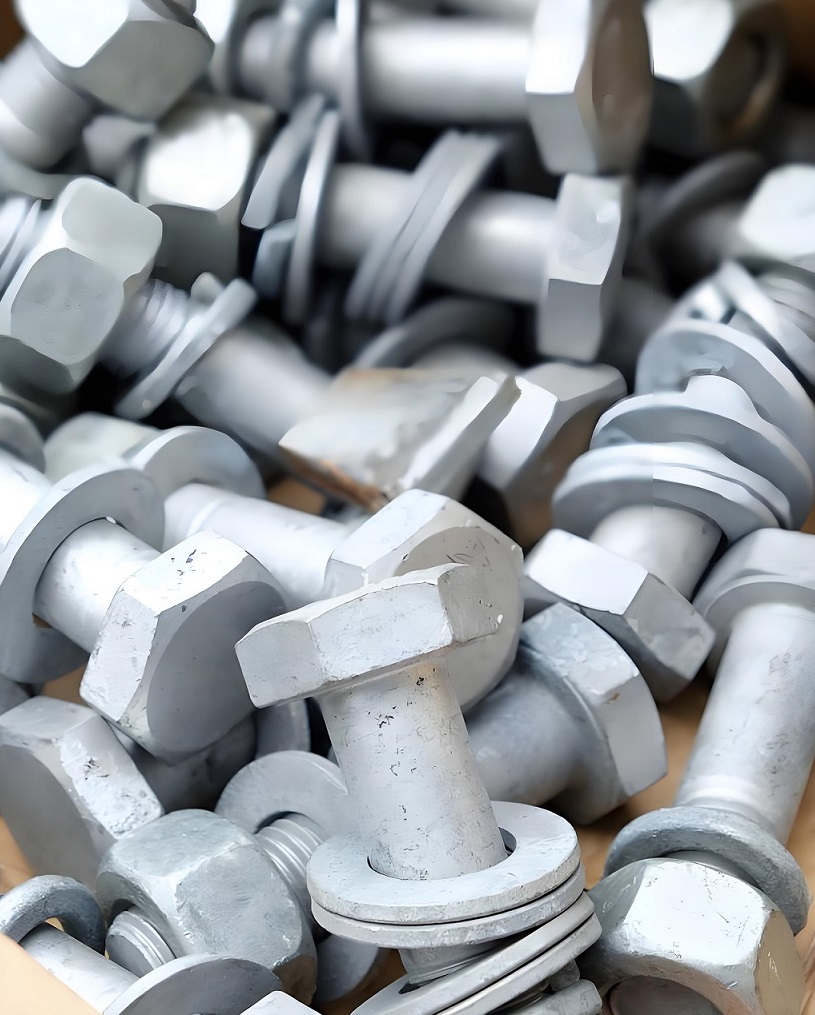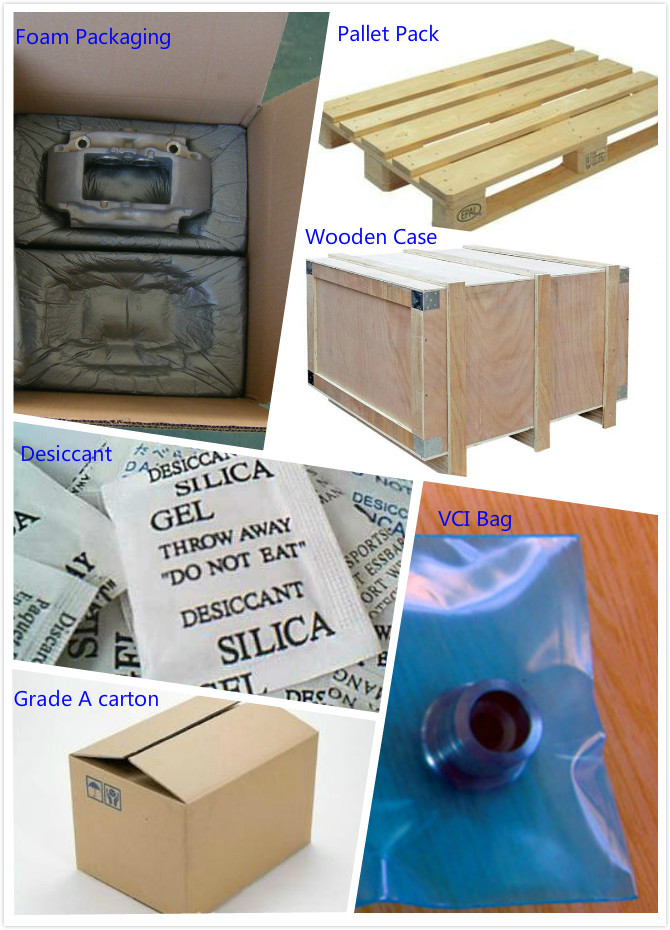![steel forging]() Steel Forging
Steel Forging
Forging is a processing method that uses forging machinery to exert pressure on metal billet to produce plastic deformation to obtain forgings with certain mechanical properties, certain shapes and sizes. Compared with cutting, the weight of the metal in the forming process is basically unchanged, and when the metal particles move in different directions, they are carried out along the direction of least resistance. The properties and microstructure of the metal also change during the forging process. Forging is mainly divided into free forging, die forging and upset forging. Die forging is divided into two categories: open die forging with flash and closed die forging without flash.
Product Advantages of Steel Forging Machined Custom Rod:
Strength and Sturdiness: One of the essential benefits of steel manufacturing is the excellent strength and sturdiness it gives. By exposing the steel to high temperatures and strain, the manufacturing system adjusts the grain construction of the metal, bringing about a part that is more grounded and stronger than one created through different techniques. This makes steel producing CNC machined custom associating poles ideal for applications where strength and sturdiness are fundamental.
Good toughness: steel forged products are subjected to external impact or extrusion, can maintain good toughness, not easy to break .
Good processability: steel forgings have good processability, suitable for a variety of complex processing technology, such as forging, welding.
Accuracy and Exactness: CNC machining is a PC controlled process that takes into consideration exact and precise forming of the manufactured steel. This degree of accuracy guarantees that every custom associating bar is made to correct particulars, prompting steady execution and unwavering quality. The mix of steel fashioning and CNC machining brings about custom interfacing rod that fulfill the most elevated guidelines of value and execution.
Customization and Adaptability: Steel manufacturing CNC machined custom interfacing bars offer a serious level of customization and adaptability. Makers can tailor the plan and details of the associating poles to meet the particular prerequisites of their applications. Whether it's changing the length, breadth, or state of the interfacing bar, steel fashioning and CNC machining take into consideration an extensive variety of customization choices, guaranteeing that every part is impeccably fit to its planned use.
Cost-Viability: Notwithstanding the high level assembling processes included, steel producing CNC machined custom interfacing poles are a practical answer for some ventures. The strength and life span of steel producing joined with the accuracy of CNC machining bring about parts that require negligible support and substitution, setting aside both time and cash over the long haul. Moreover, the capacity to modify the interfacing poles to explicit necessities assists with limiting waste and advance execution.
Strong fatigue resistance: steel forging products in the long-term use of excellent performance, has a high fatigue resistance, can maintain stable performance .
Product Use of Steel Forging Machined Custom Rod:
Automobile industry: Steel forging technology is widely used in the process of automobile manufacturing, especially in the engine crankshaft, connecting rod, gear, drive shaft and other key parts of the manufacturing. These components need to withstand high loads and complex working environments, and the high strength and wear resistance of steel forging materials can meet these requirements.
Heavy machinery manufacturing: In the heavy machinery manufacturing industry, steel forging materials are used to make shafts, transmission parts, fasteners and other parts to ensure their stability and durability.
Aerospace: The aerospace industry has extremely strict material requirements, requiring high-strength, lightweight and high-temperature components. Special steel forgings are often used in the manufacture of aircraft engines, aircraft engines, missile components and other key components.
Petrochemical: In the petrochemical industry, high pressure, high temperature, corrosive environment, equipment performance requirements are very high. Special steel forgings are used in the manufacture of high-pressure vessels, valves, pumps, pipelines and other equipment.
Marine and ocean engineering: Special steel forgings can be used in the manufacture of Marine propellers, thrusters, ship structural parts and other components to meet the requirements of corrosion resistance, fatigue resistance and impact resistance.
Nuclear power industry: The nuclear power industry has high requirements for the safety and reliability of equipment. Special steel forgings are used in the manufacture of nuclear reactor pressure vessels, steam generators, heat exchangers and other key components.
Rail transit: Special steel forgings can be used to manufacture railway vehicle bogies, traction devices, braking systems and other parts.
Construction machinery: used in the manufacture of excavators, cranes, bulldozers and other equipment structure and key parts.
Construction industry: used in the manufacture of bridge, transmission tower, steel structure and other load-bearing parts.
Packaging:
![forging]()
FAQ:
1Q: What materials type are mainly used in carbon steel forging process?
1A: Q235, Q345, 20#, 25#, 30#, 35#, 45#, 55#, 16Mn, 50Mn, 60Mn, etc. These steels have good plasticity and toughness and are widely used in the manufacture of general mechanical parts .
2Q: What is the forging characteristics of carbon steel
2A: Stable mechanical properties, good plasticity and machinability, high strength and wear resistance, economy.
3Q: What is the forging temperature range of carbon steel?
3A: 750℃ to 800℃.
4Q: Does the forging process has a better mechanical properties than die casting process?
4A: Yes, it does. The microstructure of forging parts is tight and strong.
5Q: Does forging process need a mold?
5A: Yes, each customzied forging part will need its own mold. To make a mold will cost about 30days.























